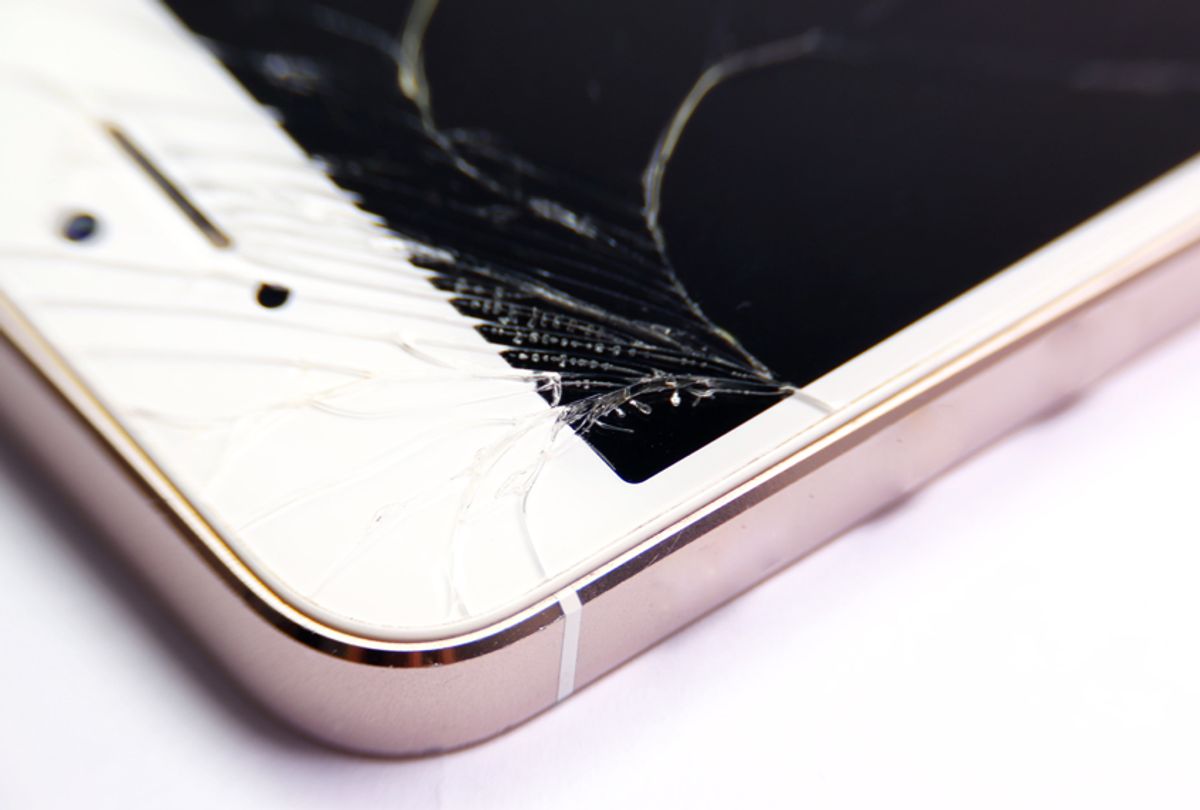Apple has turned over a new leaf in the final days of 2017. The tech conglomerate, which has famously shied away from admitting fault for design decisions, apologized on Thursday for allegedly intentionally slowing down older iPhones, and announced that it would offer customers $50 off its $79 price to replace old iPhone batteries.
“We know that some of you feel Apple has let you down. We apologize. There’s been a lot of misunderstanding about this issue, so we would like to clarify and let you know about some changes we’re making,” the statement says. “First and foremost, we have never — and would never — do anything to intentionally shorten the life of any Apple product, or degrade the user experience to drive customer upgrades.”
While the gesture is friendly, Apple's statement still denies the throttling allegations, then casts the blame on the battery.
When news first broke that Apple was intentionally slowing down its older iPhones, Apple released a statement to TechCrunch, explaining that unless they slow down performance, older batteries are at a higher risk of abruptly shutting down.
“Last year we released a feature for iPhone 6, iPhone 6s and iPhone SE to smooth out the instantaneous peaks only when needed to prevent the device from unexpectedly shutting down during these conditions,” a spokesperson told TechCrunch.
This is a vague and indirect way of saying that they are slowing the performance of their phones intentionally. While their rationale makes some physical sense — some recommend a battery change to fix the problem — some experts remain skeptical. In a conversation with Ed Varga, the owner of an independent San Francisco iPhone repair shop, iPhone Repair SF, he explained that battery replacements might not be the right solution to fixing the speed of an old iPhone.
“Until Apple changes the backend of iOS that is doing the throttling, getting a new battery won't necessarily help your older iPhone perform faster,” he told Salon. In other words, Apple's software is what makes the phone slow down under certain conditions. “My understanding of how the current throttling works is that it is throttling based purely on which model iPhone you have. It does not seem to use data on your battery's actual health that iOS collects and then decides whether to throttle."
Apple said in its statement that they will be issuing an iOS software update that will give users more visibility into “the health of their iPhone’s battery,” but it’s unclear how they intend to change iOS, the operating system that runs the iPhone.
Varga said since news broke about the iPhone, his shop has experienced an uptick in consumers looking for battery replacements. A second shop Salon spoke to said they’ve experienced the same trend. Now, with the discounted battery replacement issued by Apple, some independent shops, like iPhone Repair SF, are lowering their battery replacement prices to match Apple’s.
Still, the controversy surrounding Apple has never really been about the throttling—it’s been about the lack of transparency that has angered the public.
As Vice’s Motherboard writer Jason Koebler wrote:
“The scandal here is not that Apple throttles your phone. It’s that it doesn’t tell you it throttles, and makes it hard for you to fix the problem (or for you to know about your repair options). The scandal is in the design of the iPhone itself, which requires proprietary tools to open and various components to be removed in order to replace the only part of the phone that is guaranteed to go bad. The scandal is that Apple actively discourages you from trying to fix your own phone, lobbies against legislation that would make it easy for you to restore your phone to peak condition. If you’re mad about this, you’re not crazy—you have every right to be.”
And people are indeed angry. In just one week since the news broke, consumers around the world have filed lawsuits against the company. In one lawsuit that was filed in the Eastern District of New York, the lack of transparency is noted: “Had Plaintiffs been informed by Apple that a simple battery replacement would have improved the performance of their iPhones, Plaintiffs would have chosen to replace their batteries which was clearly a more cost-effective method rather than upgrading to a new iPhone that was extremely costly."
Apple is also facing lawsuits from consumers in California, New York, New Jersey, France and Israel.

Shares